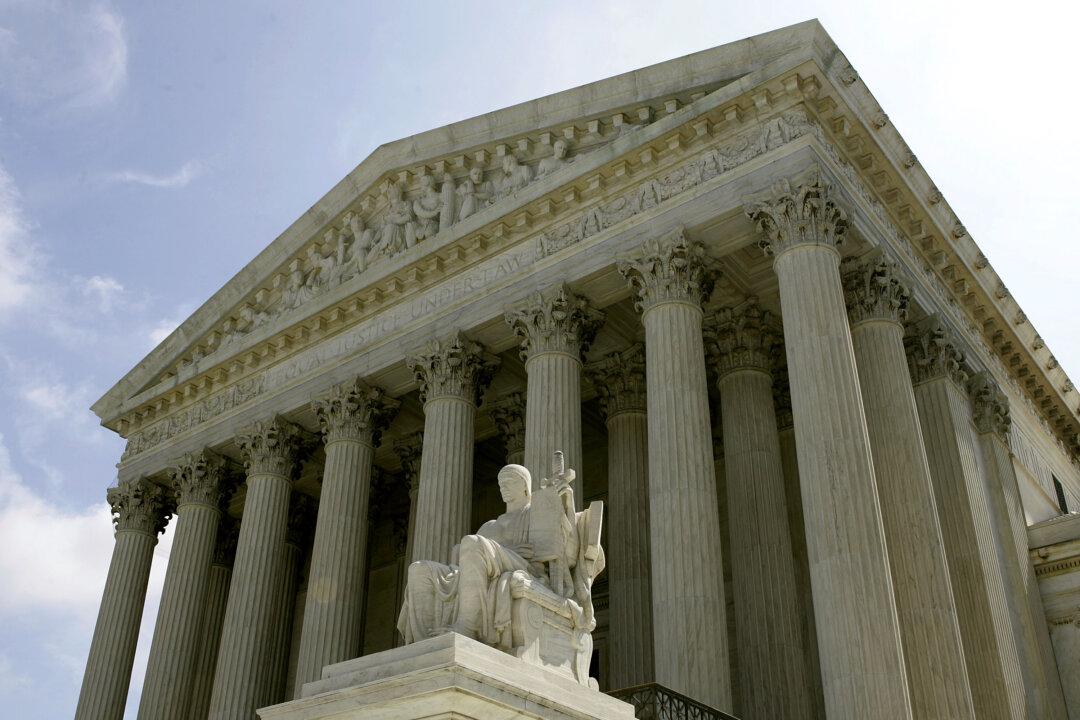The Supreme Court has agreed to hear the case of a New York man who is suing police for malicious prosecution, after officers raided his home without a warrant to conduct a fruitless child abuse investigation and held him in custody for two days on charges that were later dismissed.
In an unsigned March 8 order, the court agreed to review the case known as Thompson v. Clark, court file 20-659.





